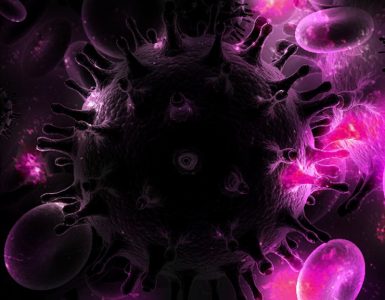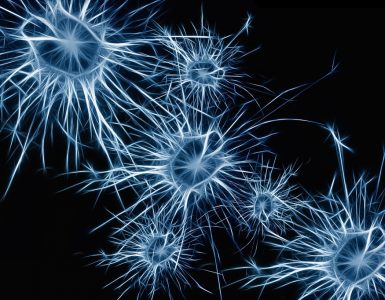Autism is a problem that effects a lot of children but awareness about it is still quite low. Children with Autism have developmental delays especially in social and communication skills, they also display repetitive behavior and an inability to interact with people and things around them. Symptoms vary from mild to debilitating. Children with mild symptoms can be high functioning with impaired social skills while those at the severe end are often unable to take care of themselves or do even simple tasks like brushing their teeth or eating food.
According to CDC, 1 in every 68 children in the US falls somewhere in the autism spectrum, that is a huge number and yet there is no cure and much progress hasn’t been made till now in terms of treatment, but things may change now. A new study by researchers from Duke University found that there might be potential for treating Autism with stem cell infusions. The clinical trial was funded by ViaCord, PerkinElmer’s private cord blood and cord tissue preservation business. They also provided most of the cord blood used in the trial.
The study was published in Stem Cells Translational Medicine; this was a Phase-1 study without any control groups. So, the participating children, their families as well as their doctors were aware of it. It was a safety study meant to determine if intravenous infusion of their own umbilical cord blood is safe for the treatment of children with Autism.
The feasibility of the treatment was the secondary research goal and it was measured by the change in the children’s behavior and communications as well as any change in autism symptoms. The researchers also used eye tracking to assess how the children processed social information. Reports from parents and direct observation of each child by the researchers were also factored in.
The results so far indicate that autism symptoms improved for the majority of the children who received infusions. “We are pleased that this study demonstrated the safety of treating children with ASD with their own cord blood,” said Dr. Joanne Kurtzberg, the lead researcher. “We’re also encouraged that, while small and non-randomized, there were observed improvements in a majority of the children reported by clinicians and parents. Without the support of ViaCord and later, the Marcus Foundation, the study would not have been possible. We are now hoping to replicate these preliminary results in a Phase II randomized clinical trial for which enrollment is nearly complete.”





















